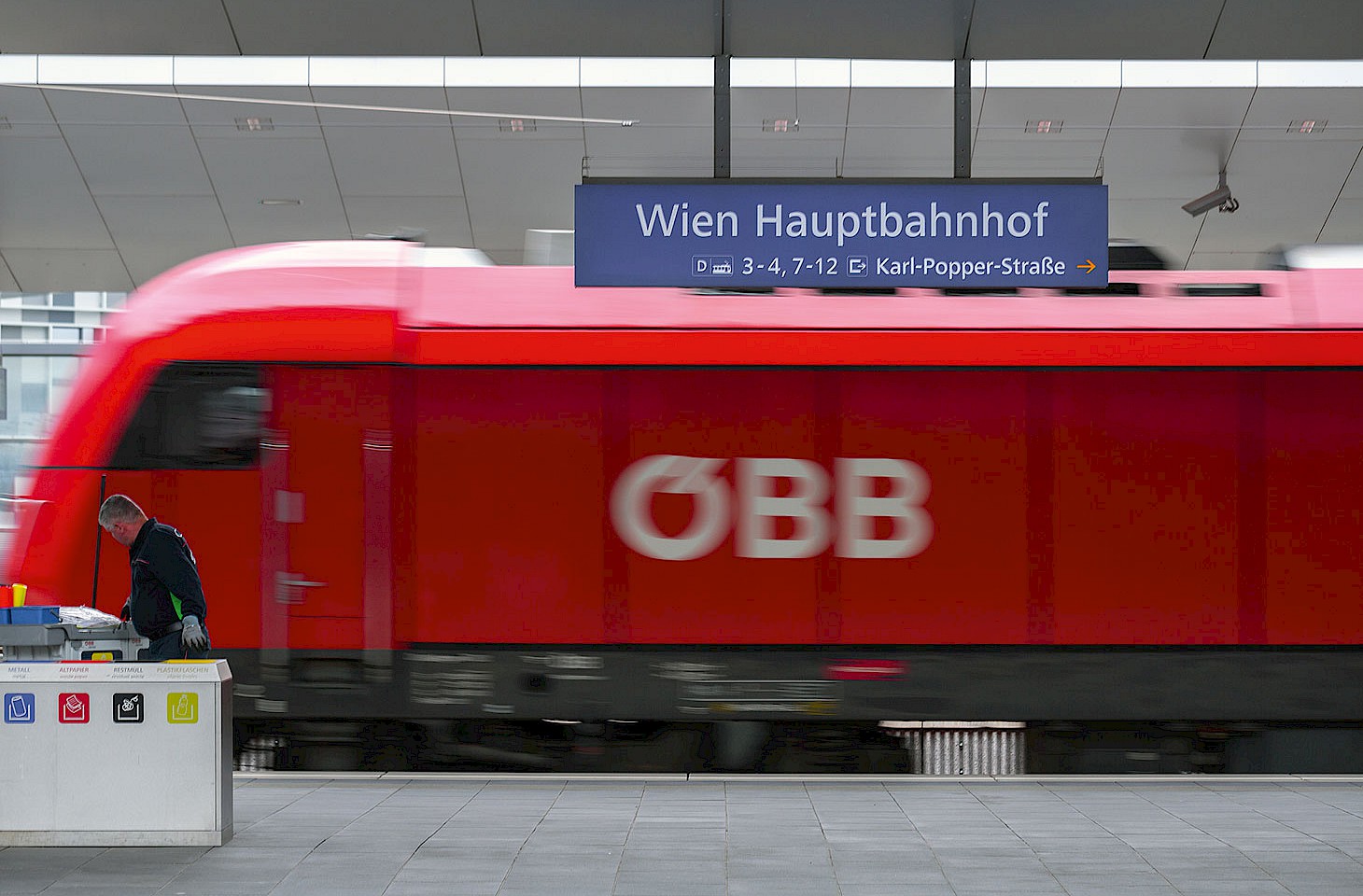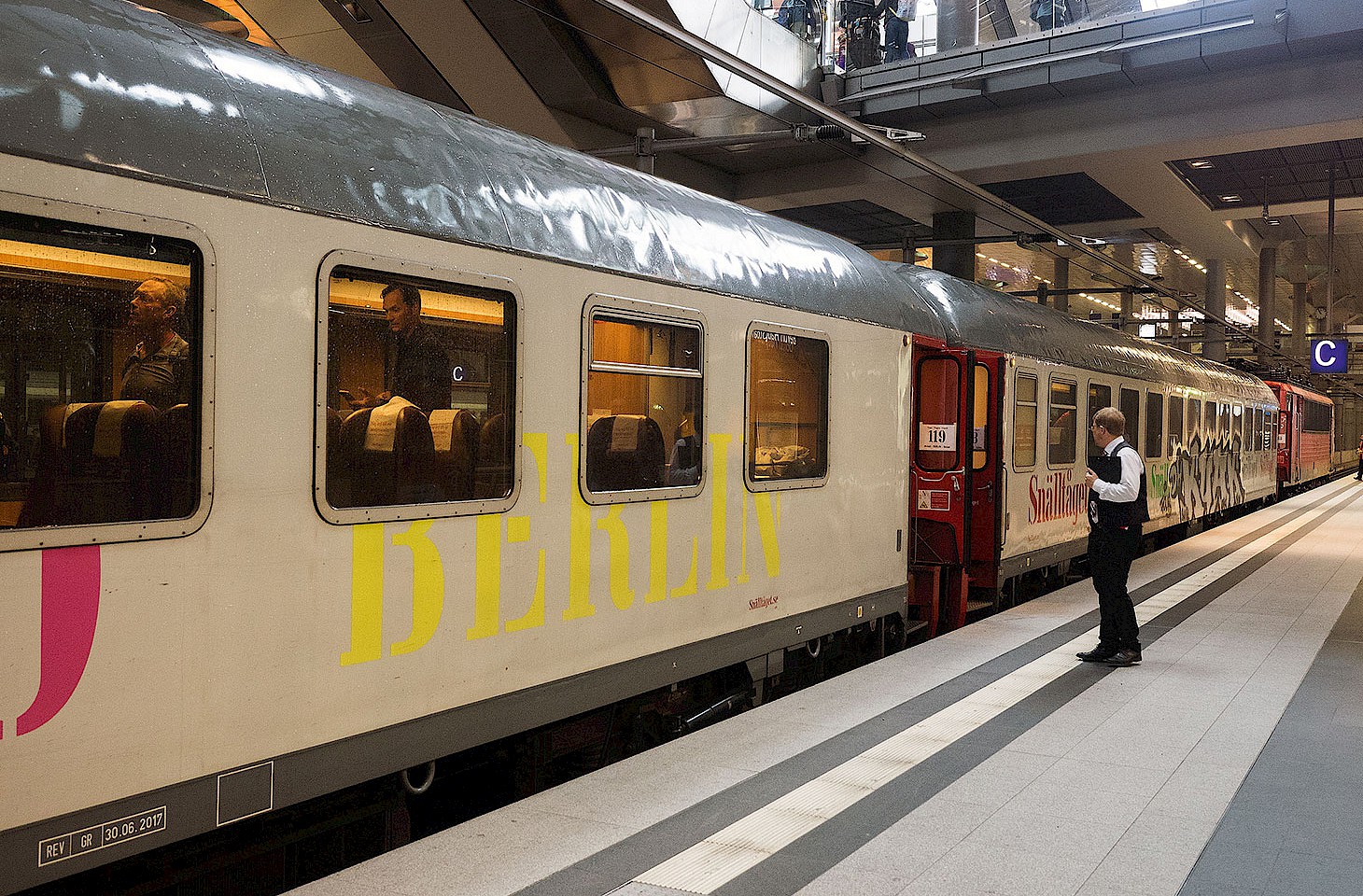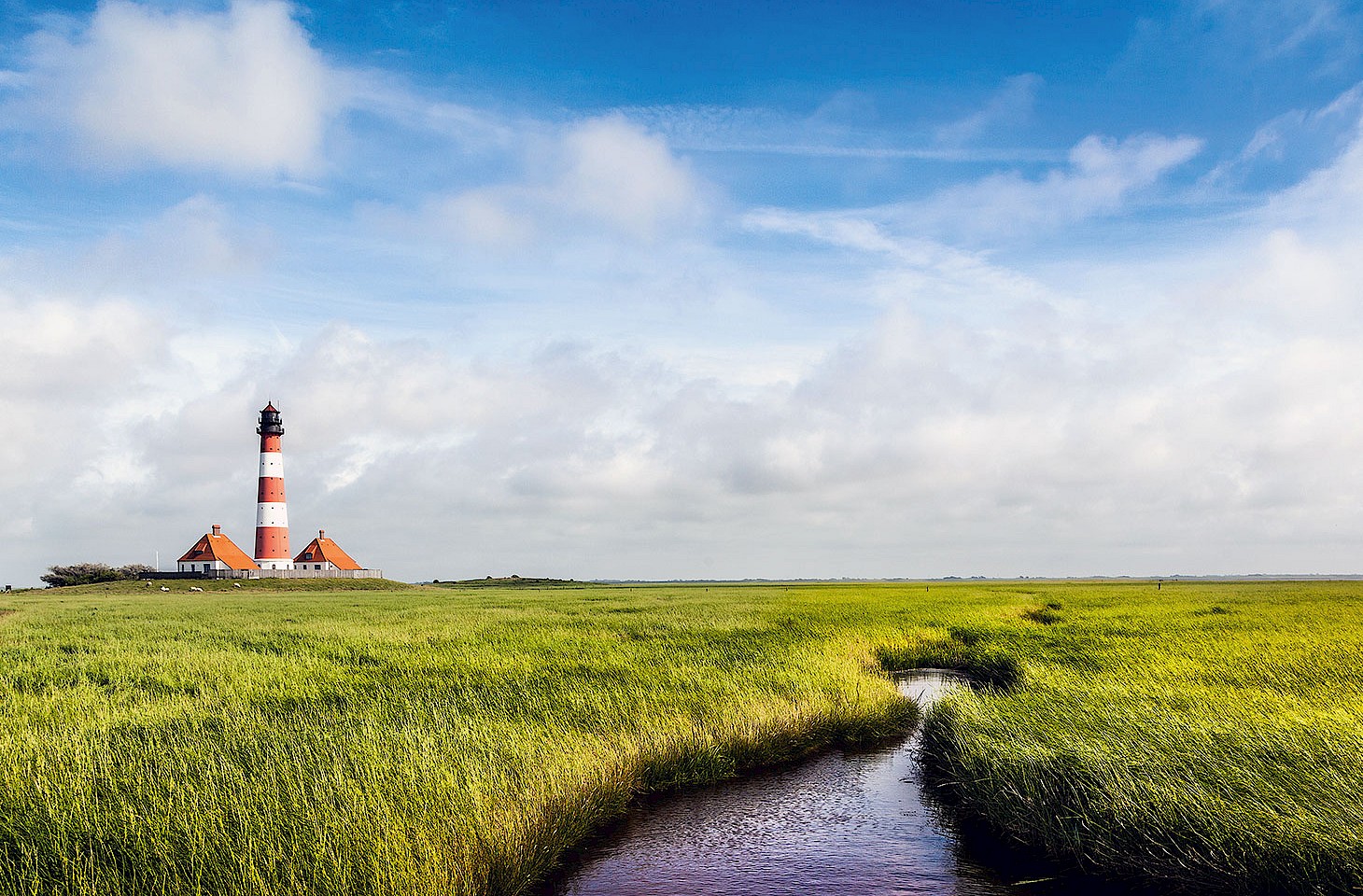ONE - 18 August 1976
The two men from the secret police came to Rippicha in the middle of the morning. They came on the high road, past the mill, and along the ridge from where there is a good view of the old stone church. Night time travellers along the high road would have seen the bright neon cross which the pastor had put up a year or two earlier in a makeshift sort of way. But the men from the Stasi came by day. Down past the church and into the village. To the duck pond, where there is the Luther lime tree planted by the people of Rippicha on All Hallow's Eve in 1855. The men from the Stasi knew exactly where they were going, for they had visited many times before. As on previous occasions, they went straight to the pastor's red house.
For hours they chided and cajoled Christa about her husband's wayward habits, about what he had done that morning, and about the trouble he had caused in the past. About the time two autumns back, when one night he had crept round Rippicha, and the nearby market town of Zeitz, and defaced the posters put up by the Party to celebrate twenty five years of the workers' and peasants' state. "And 2000 years of the Church of Christ," the pastor had added, in sharp bold letters which were clear for all to see. The two men from the Stasi stayed until the evening, those grey officials with their cool manners and chill looks.
TWO - spring 2006
Outside the Church of St Michael, in the middle of Zeitz, there is an uneven plaza, irregular in shape, hemmed in by the church itself, by the library and a few shops. Only to the south is there any open aspect, and that way lies the town hall, where today a horse and carriage waits at the foot of the civic steps, a photographer and well wishers huddled in the rain. A bride and her new husband are about to emerge. Back in the church plaza, a young woman sits on the wet steps of St Michael's. She has a son, a ragged child who chews a piece of bread and plays with a model police car in the rain.




